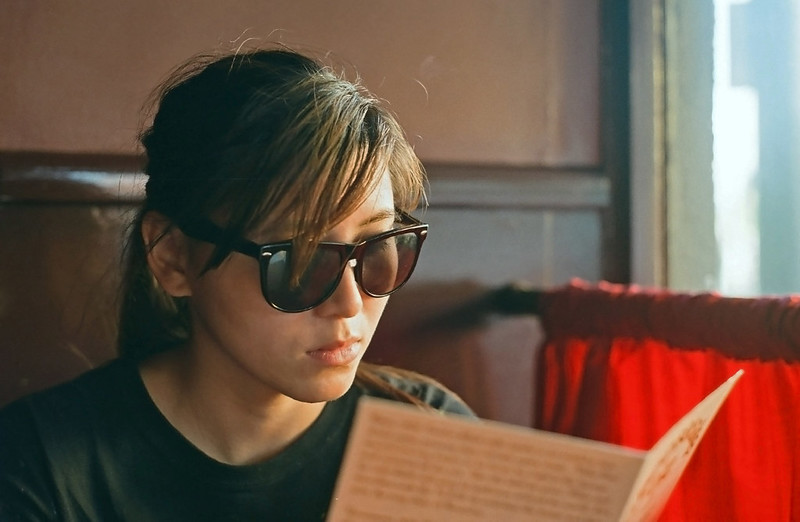There’s new research out of Washington State University that suggests that for those trying to eat healthy, bigger is better.
And I don’t mean the portions of food, I mean the font sizes.
Wait, font sizes?
Could using the Wingdings font get people to order more actual wings at a restaurant?
Let’s explain.
The study essentially gave participants a menu and asked them to choose between two items.
One of the options was noticeably healthier than the other, which they could see by looking at the calorie counts next to the names of the foods.
For one set of participants, the menus had a larger font size for the higher calorie items.
But for the other group, it was reversed: the healthier item with the smaller calorie count had the larger font size.
The researchers noticed that in that second group, respondents were more likely to choose the healthier option, the one that had the larger typeface.
The team had screened for the participants’ level of awareness about health and nutrition, so it wasn’t that group two was full of mindful eaters.
Instead, the scientists found that the participants were responding to that larger text.
Maybe highlighting the lower calorie count was a quiet way of pointing out that here was a healthier food choice, without saying it outright.
Or, maybe the brains of the people in this group noticed that the smaller number was made to look larger on the menu, and so they paid more attention to that menu item.
That’s a version of something called the Stroop Effect, when our brains notice something that doesn’t match and so we take more time to try and figure it out.
Either way, it may be useful for restaurants that are hoping to nudge their guests toward the salad and away from a greasy burger.
Of course, if they just use Comic Sans they could get everybody to order everything.
The Bulwer Lytton Fiction Contest has announced this year’s winner of the worst opening sentence to an written novel.
It’s named for Sir Edward George Bulwer-Lytton, who wrote the infamous line “It was a dark and stormy night.”
New Yorker Maya Pasic won this year with this line: “She was a beautiful woman; more specifically she was the kind of beautiful woman who had an hourlong skincare routine that made her look either ethereal or like a glazed donut, depending on how attracted to her you were.”
Congratulations, I think?
Font size can ‘nudge’ customers toward healthier food choices (Washington State University)
2023 Grand Prize Winner (Bulwer-Lytton Fiction Contest)
Hopefully we can nudge you toward supporting our show on Patreon

